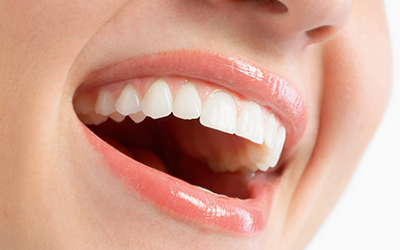Image Credit:
File ID 8223827 | © Andreblais | Dreamstime.com

Your dental bones are classified under one of the few tissues that heal without leaving behind a fibrous scar. Dental bone loss usually occurs due to gum problems, which can be solved with periodontal disease treatment. Before diving into the causes that slow down bone healing, let’s look at the types of healing processes.
Direct Bone Healing: Also known as “intramembranous” or “primary” healing, direct bone healing occurs when your fractured bone ends come in contact with each other despite no movement. This happens due to rigid internal fixation by screws and plates that helps stabilize bone fragments. One of the most common signs of successful direct bone healing is the absence of calluses.
Indirect Bone Healing: Also known as “endochondral” or “secondary” healing, indirect bone healing involves a callus formation at the fracture site that undergoes multiple transformations, restoring the bone’s structural integrity.
Addressing these factors is essential for timely healing. This is why maintaining oral hygiene and regular visits to the dentist to spot bone loss before it escalates
At Coastal Periodontics, we have the expertise and experience to improve your smile. Your search for an oral surgeon near me in Portsmouth ends at us. For more information, call 603-427-8383.